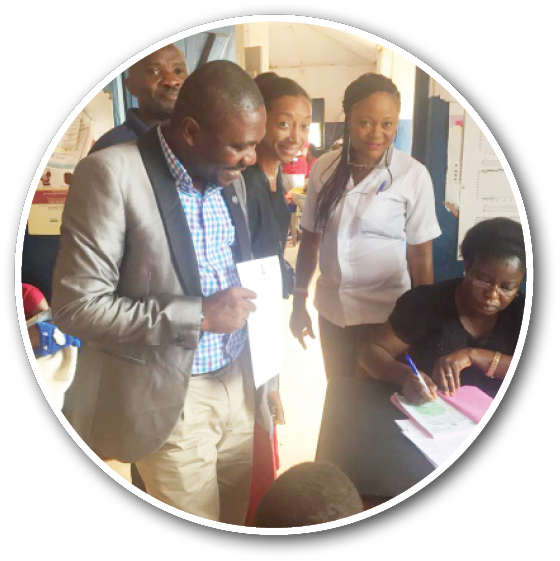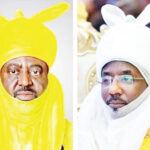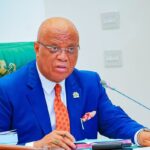To most people in Ebonyi State, birth registration is not a serious matter. It is just one of the things done in hospitals after childbirth. Not many know about the existence of the National Population Commission, NPopC or what they do.
A widow in Item Amagu village in Ikwo Local Government Area of Ebonyi State, Mrs Mary Nwali, explained that it was for the fact that she had the birth registration certificate of her son that saved her from losing the benefits of land allocation from the husband’s family.
Mrs. Nwali said “another woman on the occasion of the burial of her husband came and claimed to have had the first son for the man. She explained that though most of her husband’s kinsmen are not very educated, her presentation of her son’s birth certificate swayed the judgment of the kinsmen in her favour.
Nwali said her contender had no proof of having had the child for her husband.
Indeed, birth registration ascribes name and identity to a child, parentship, and nationality.
A registrar with the NPopC, Ebonyi State office, explained that it is a tedious task convincing the average resident in Ebonyi State to spare a few minutes to get their children registered. The registrar, who pleaded anonymity, said they even begged parents to get their children registered.
As to whether the people have been sufficiently sensitised, she said apart from talks by the registrars and jingles, some non-governmental organisations have helped a lot.
Mr. Emmanuel Ogbu, Ebonyi State Director of NPopC explained that UNICEF has remained their most dependable partner. “UNICEF is our key partner in the area of birth registration. They have sponsored programmes meant to sensitise the populace. They have trained a good number of registrars who have been deployed to work with our enumerators during demarcation periods,” he stated.
He said their major challenge is lack of sufficient funds and that the 87 registrars they have were not enough.
Recently, the United Nations Children’s Fund (UNICEF), in an official open letter by its Nigeria representative, Peter Hawkins, to every Nigerian child in commemoration of the 30 years of existence of the Convention on the Rights of the Child, stated that “For example, the UN has set a goal that every human being on the planet will have a legal identity by 2030, and together with your government, we are working hard to make that happen in Nigeria.
“In the 30 years since its adoption, the CRC has helped to transform the lives of children like you worldwide. It established that children are not the property of adults, but people in their own right, with rights of their own.
“We also have goals around education. Too many young Nigerians don’t have full education that will prepare them for modern jobs and business opportunities.
“Many children in families with low incomes are left behind and miss out on the opportunities afforded to wealthier families. These children are in poverty trap determined entirely by the family they are born into. This is not fair.”
Nonetheless, the NPopC’s presence on strategic areas like hospitals, health centres, schools where they register children, is felt by the public. Each of the 13 local government areas is manned by a controller who is in charge of the area making registration of births very accessible to families and communities.
– Onuoha-Ogwe, is Communication Officer UNICEF, Enugu

 Join Daily Trust WhatsApp Community For Quick Access To News and Happenings Around You.
Join Daily Trust WhatsApp Community For Quick Access To News and Happenings Around You.


